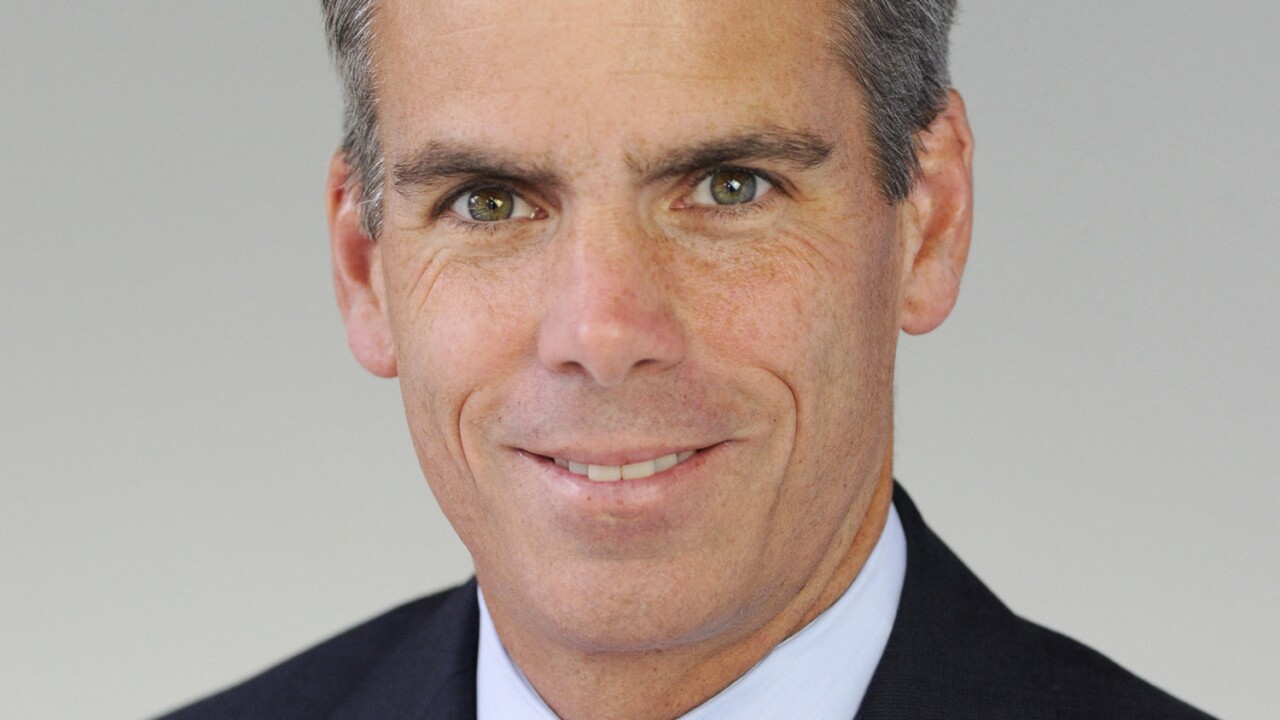Under the Trump administration, key federal financial services regulators have actively promoted financial innovation in several respects. With a new Biden administration, priorities could shift.
Generally, and at a high level, fintech innovation is ripe for bipartisan support. It aligns with Democratic priorities in some respects by offering ways to reach the unbanked, underbanked and underserved communities while promoting competition and efficiency in the financial system, something Republicans hold dear. And it is one of the few financial services policy issues where there has been some bipartisanship over the past several years.
Any Biden-related changes will depend mainly on Biden's appointees at some of the primary federal financial services regulators, including the Office of the Comptroller of the Currency. There are questions about whether the OCC's current acting comptroller, Brian Brooks, will quickly be replaced, given Trump's recent movement to get him confirmed in the Senate. Brooks has been acting Comptroller since May. If he is serving in an acting capacity when Biden takes office, Biden can replace him quickly. However, on November 27, President Trump formally nominated Brooks to lead the OCC for a five-year term, requiring Senate confirmation (before the 2020 term ends). If Brooks is confirmed, Biden would need to fire him in order to replace him.
The legal authority in place for Biden to fire Brooks in this scenario has apparently not been tested, and potentially could lead to legal battles and cause déjà vu of the recent case, Seila Law LLC v. Consumer Fin. Prot. Bureau, 140 S. Ct. 2183 (2020).
Suppose a Biden appointee takes the helm at the OCC. In that case, that appointee could keep payments companies subject to multiple state financial services regulators by revising its stance on the special-purpose national charter, known as the fintech charter. The OCC is focused on several efforts to promote responsible fintech innovation — this was true even before the Trump administration took power. One major significant development for payments companies was the OCC's creation of the fintech charter. The charter paved the way for fintech lenders and payment providers to conduct business nationally without being subject to multistate licensing requirements and regulations. The OCC announced it would accept applications in 2018, after years of developing the idea.
But these efforts were quickly stymied by litigation from state financial regulators that challenged the OCC's authority to offer the charter. The litigation is ongoing, creating a hurdle for nonbank fintech companies that could have otherwise considered submitting a charter application. However, despite the opposition and litigation, the OCC recently indicated that a charter process for payments companies (not to include lenders) would be available —
an effort that drew sharp criticism from the Conference of State Bank Supervisors. We would expect similar state-driven litigation against the OCC's efforts to create a separate payments charter if that effort moves forward.
If Biden replaces the current acting comptroller, a new appointee could revisit the OCC's litigation position on the fintech charter. The likelihood of this shift is unknown because, though the current fintech charter has drawn criticism from states and, recently, from Democrats on the House Financial Services Committee, support for the issue does not fall along party lines. An Obama-appointed Comptroller initiated the efforts to create the fintech charter, and Trump appointees moved it forward. In any event, absent a national charter, nonbank payments companies could continue to be subject to burdensome state financial services licensing laws and regulations.
Notably, the OCC has undertaken other impactful efforts to advance innovation and modernize regulation that have been more controversial along party lines. A Biden-appointed comptroller could refocus resources and attention to these issues and put less effort into fighting the ongoing fintech charter battle.





